Interview with the Authors of “Out North: An Archive of Queer Activism and Kinship in Canada”
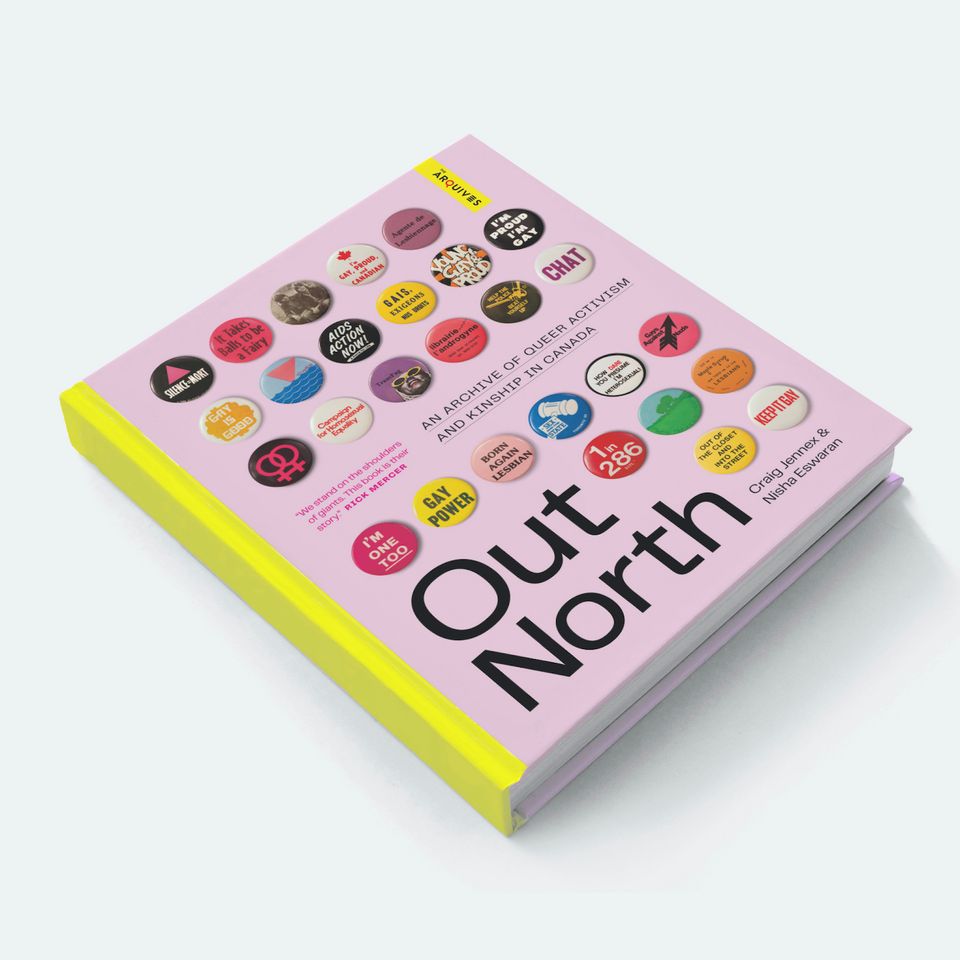
Authors Craig Jennex & Nisha Eswaran on the Think Queerly Podcast
In this deep-dive interview with the authors of "Out North: An Archive of Queer Activism and Kinship in Canada" — with co-host, Jeffrey Iovannone — we explore and examine Canada’s queer history and activism. The book is described as, “Canada’s definitive visual guide to LGBTQ2+ movements, struggles, and achievements.”
I’m honoured to bring you this interview, one I have been waiting to record since late July 2020. In reading "Out North: An Archive of Queer Activism and Kinship in Canada" to prepare for the podcast, I realized how much I have been both a witness to and a participant in much of the history depicted and disused in the book. I have personal connections with many of the individuals represented in the book, as well as lived political activism experience which I believe contribute to this deeply thoughtful and generative discussion with all involved. Enjoy!
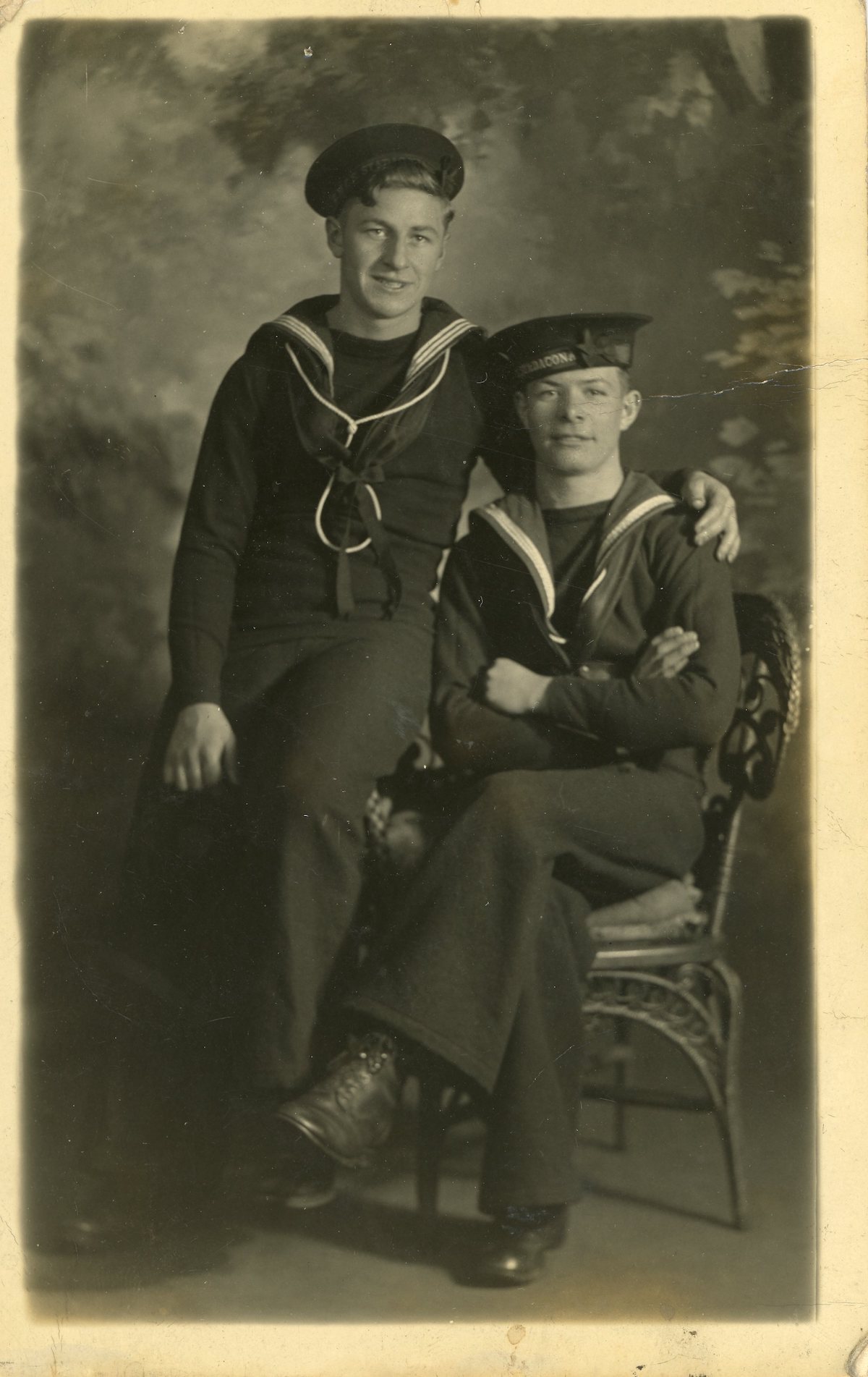
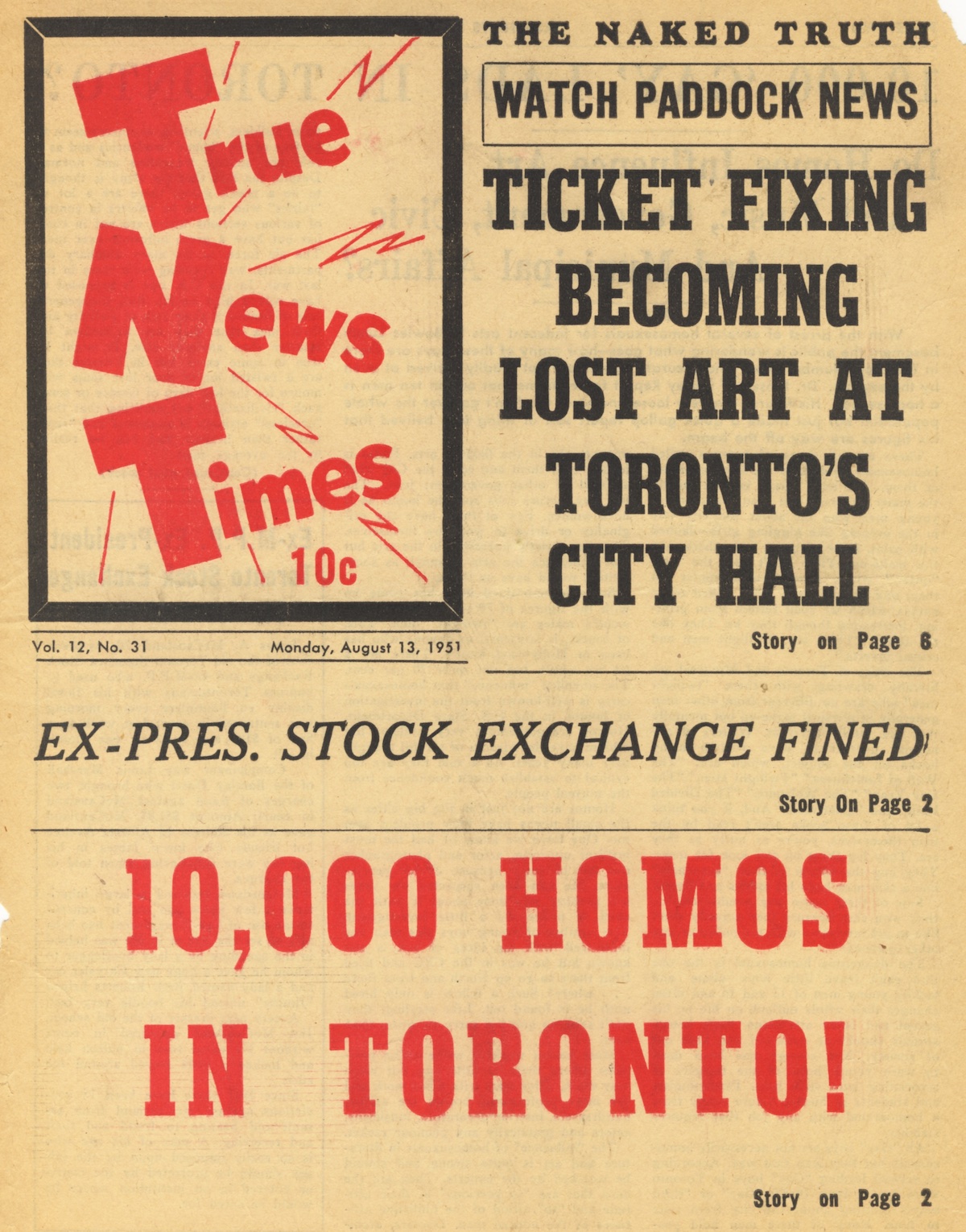
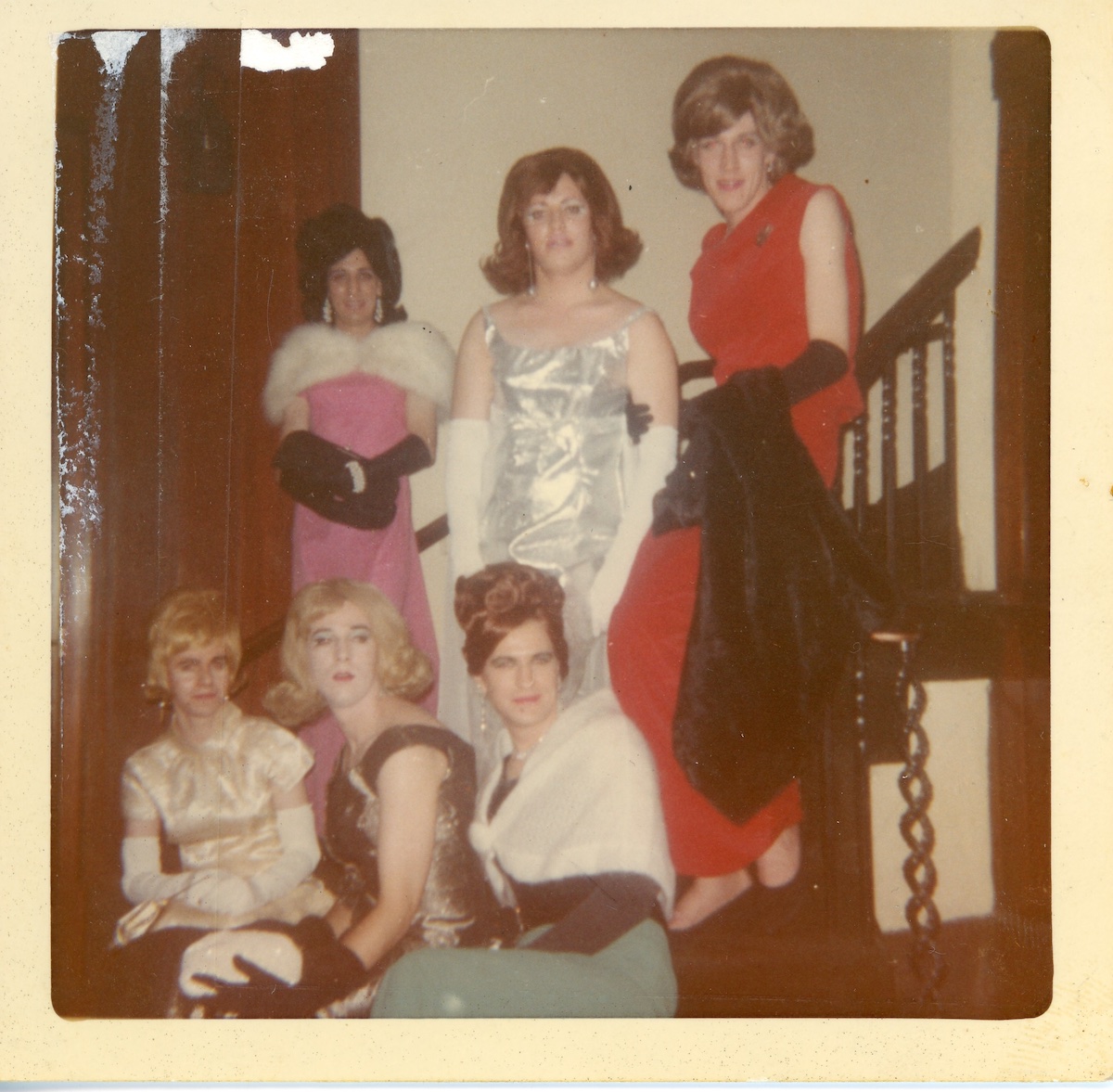
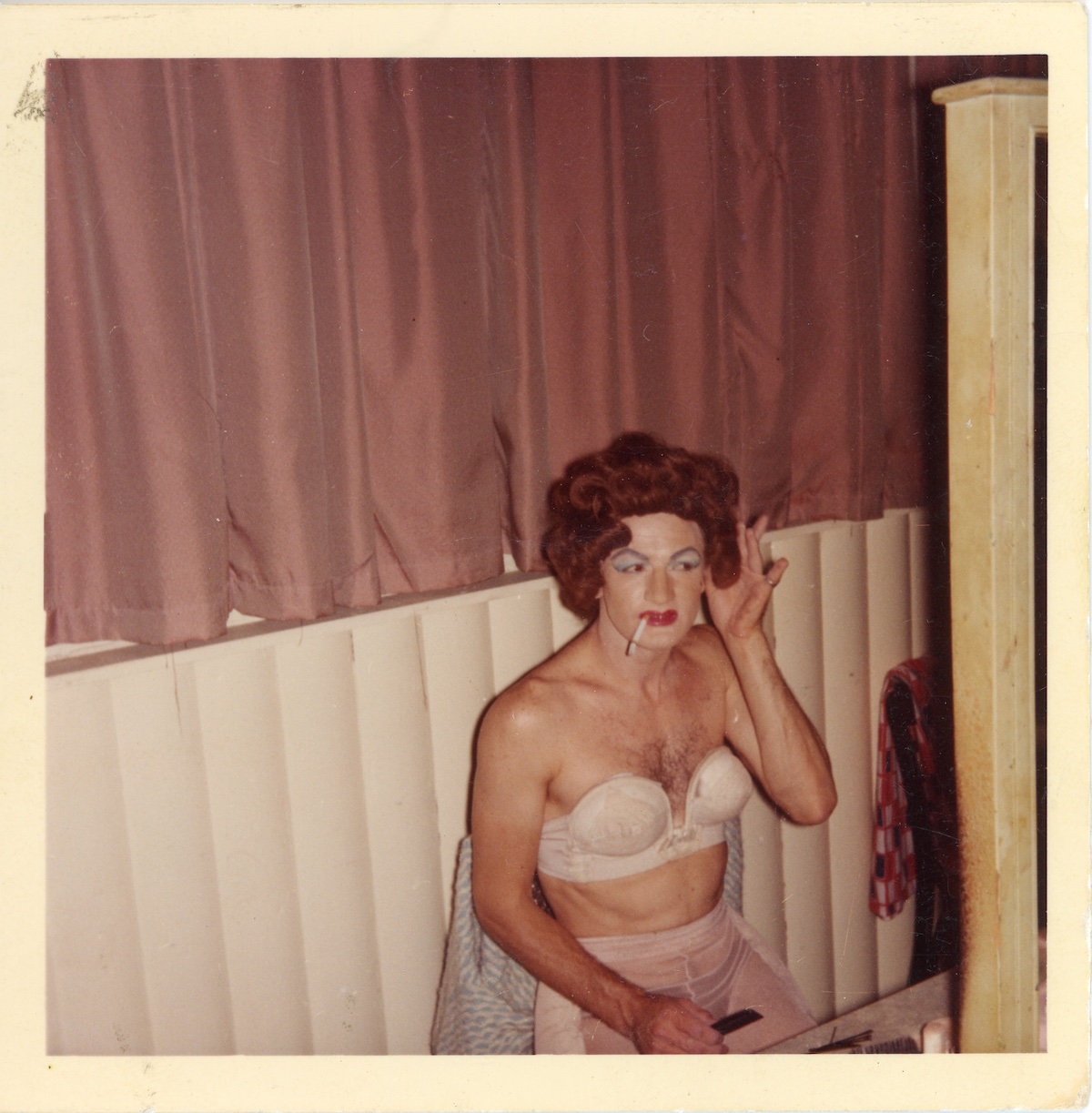
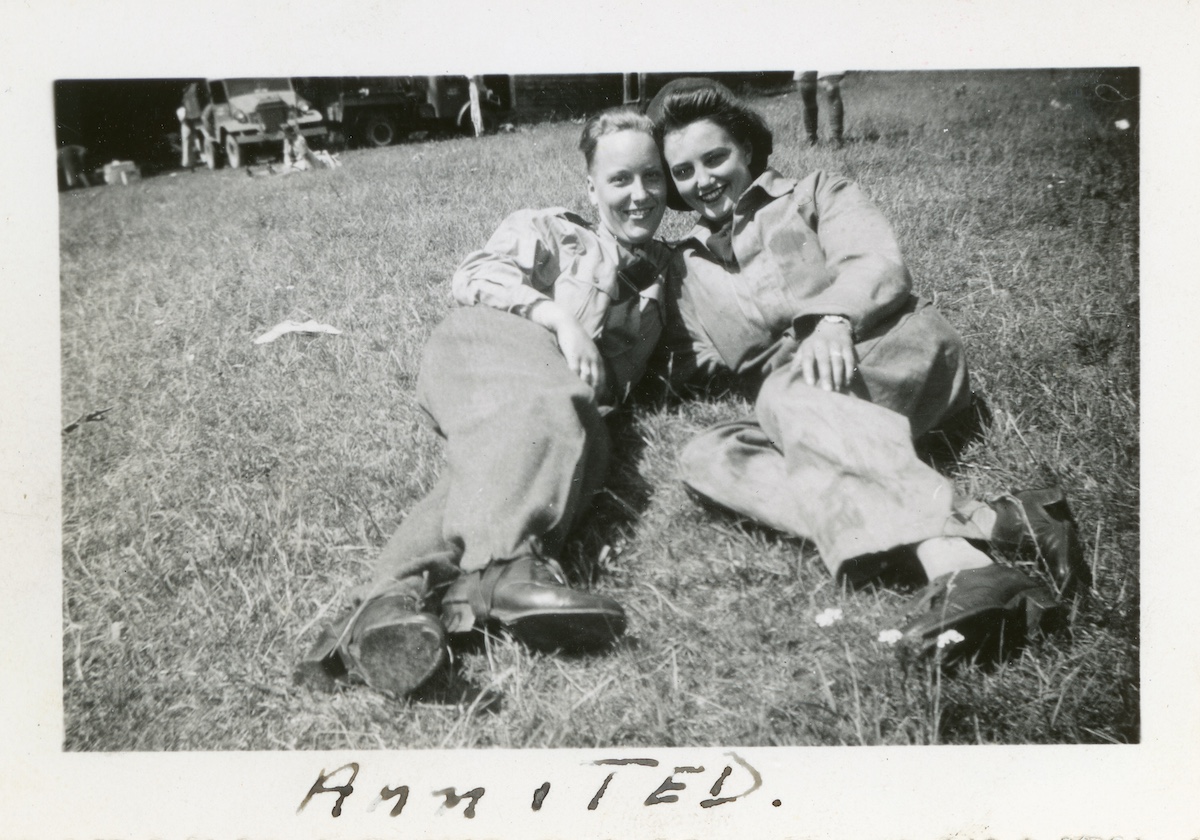
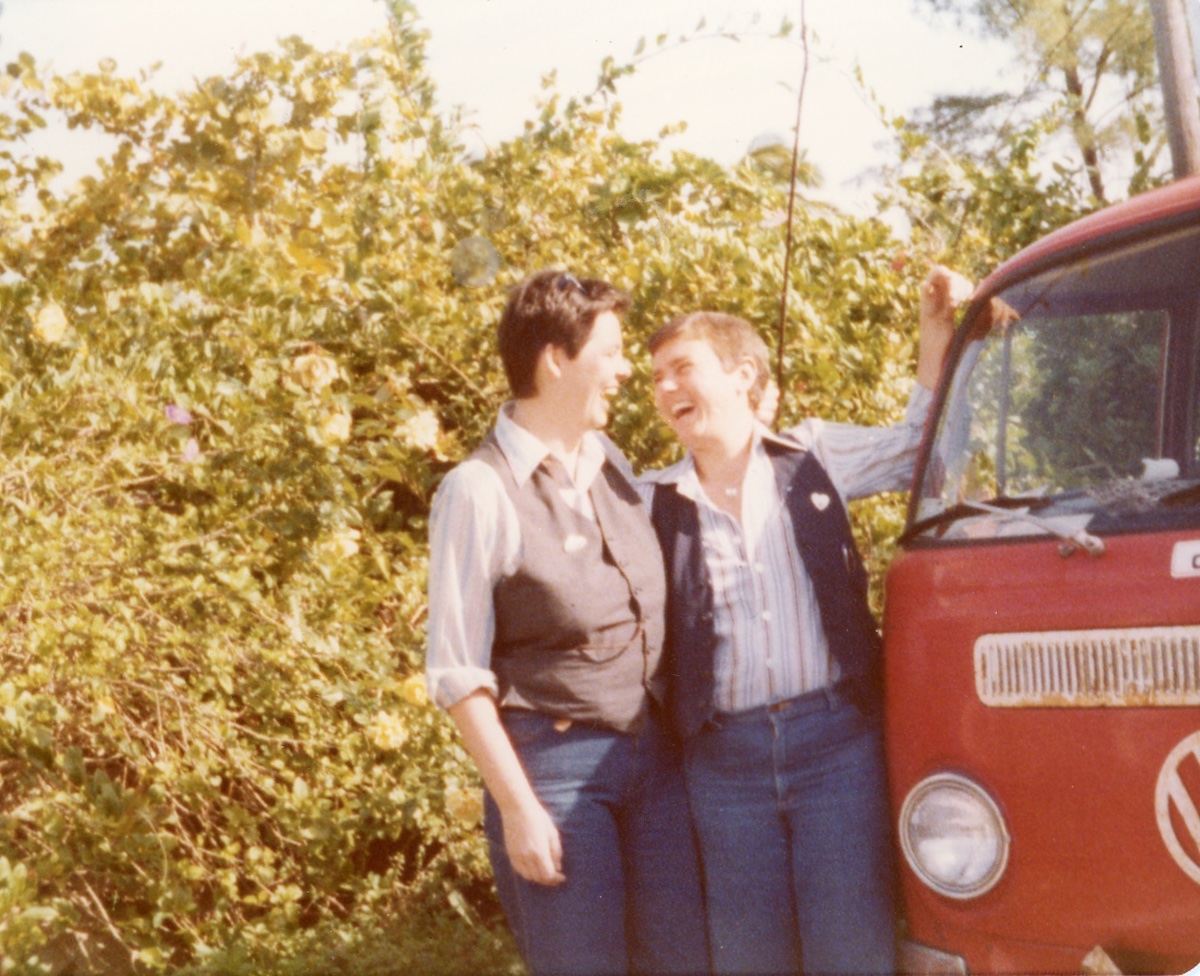
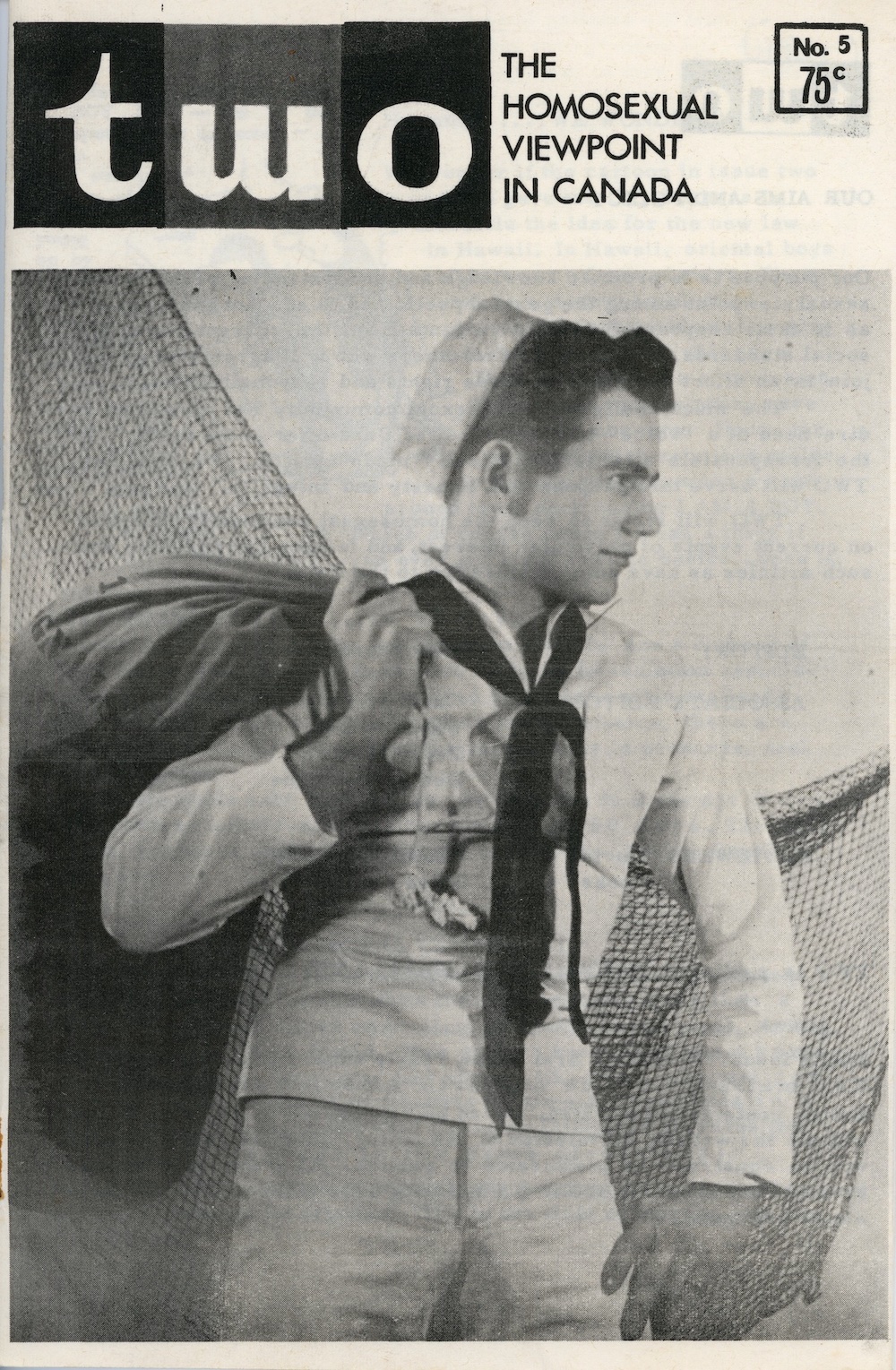
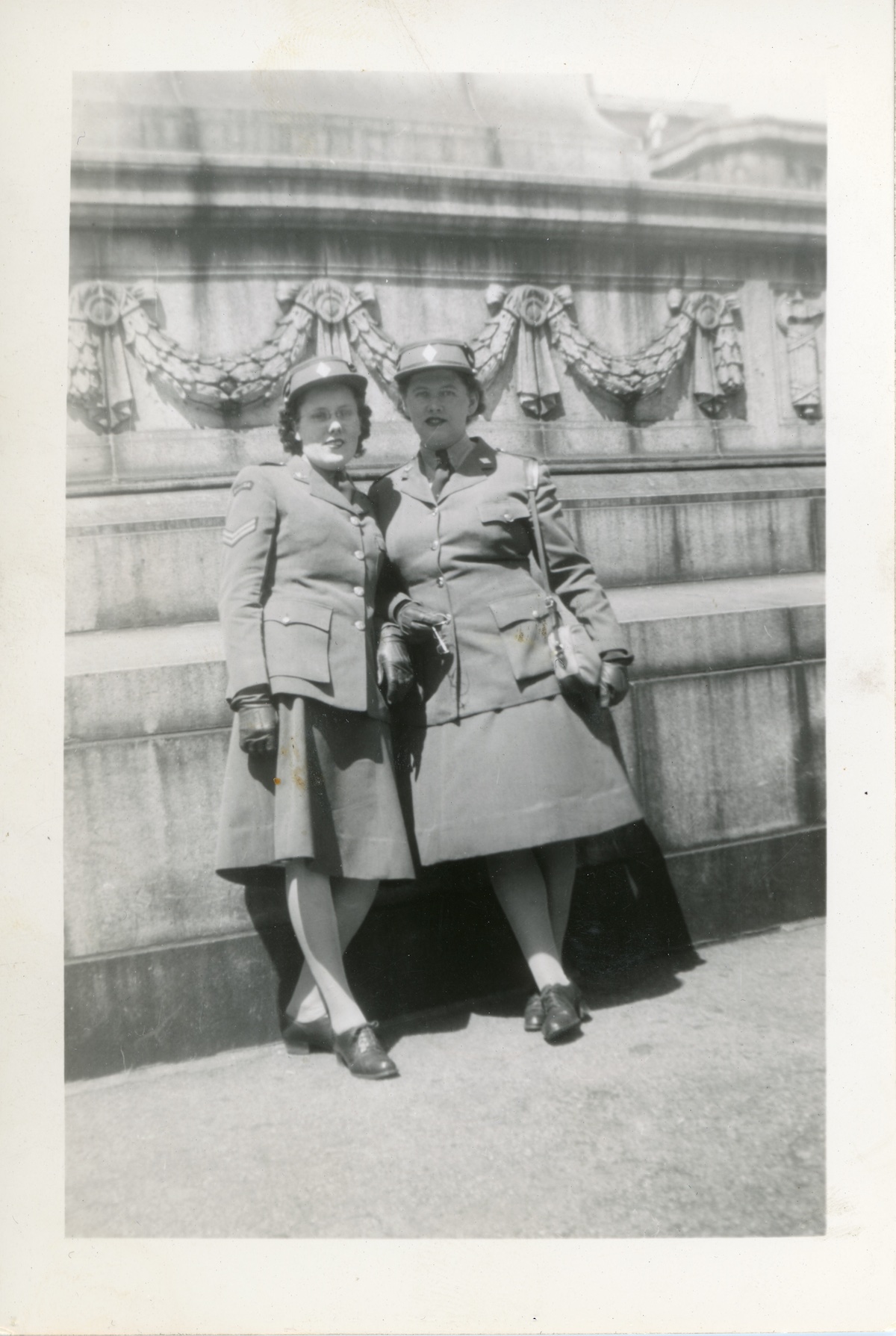
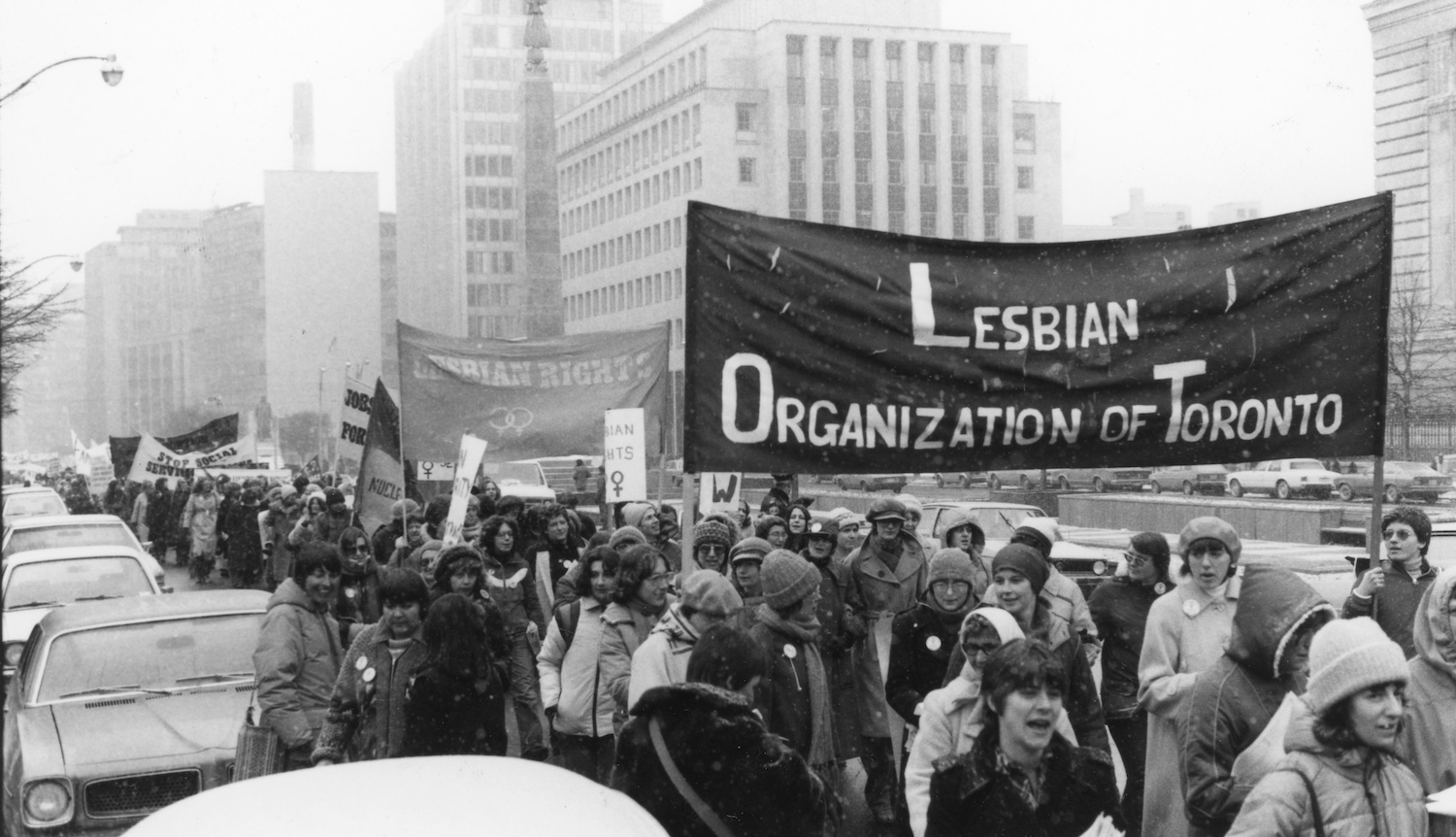
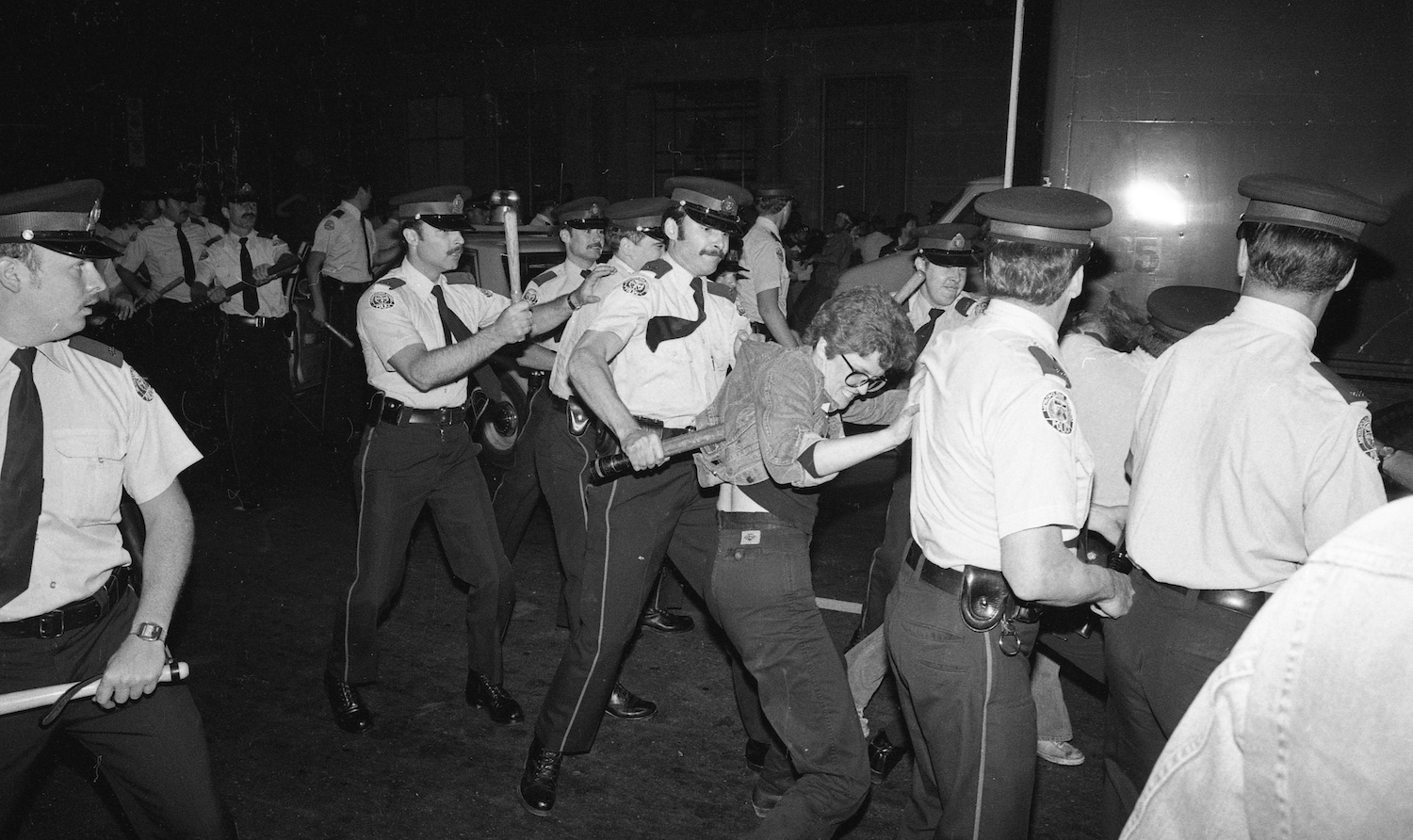
Episode Talking Points
- The history and purpose of the Arquives — Canada’s LGBTQ2+ Archives and how the authors of Out North became involved.
- The role of an archive: what it does, the types of materials it may house, and who the archive is for. For example, why does the Arquives save things like buttons, T-Shirts, and matchbook covers? Eswaran shares why these physical connections to history serve as political teachings from the past and why an archive is a site of curated possibilities.
I like to think of archives as places in which our social relationships become intertwined with history. They preserve our attachment to history and our ability to learn from the past.Nisha Eswaran
- How did the idea for the book, Out North come about, and what is its core purpose? Jennex explains that they were seeking forms of kinship that exist underneath the archival materials and what connections are missing. What they found were coalitions, solidarity, and collectives.
- We discuss the problem of re-narration: the losing or re-writing history to fit with our current, more queer-friendly times in which we live. We cannot view history as a straight line of progress. That is a far too simplistic representation of our collective queer journeys. It’s wrong to assume that things have gotten consistently better. By doing so, we dismiss and diminish past political movements that may have been forgotten.
- What is “archive activism” and is the book, Out North a form of activism in itself?
- We discuss the importance of preserving historical documents of all kinds to avoid or minimize the victor writing the history books. I reference the article, "Facts in Flames. Trump's dishonesty reminds us why we must preserve documents. Even in the Digital Age, archivists are crucial,” in which the author, Richard Ovenden argues for the importance of preserving both sides of division in history:
"Looking back at the Nazi book-burnings in 1933, this low moment for human truth had lesser-known responses that should not be forgotten. Exactly a year later, on May 10, 1934, the Deutsche Freiheitsbibliothek... opened in Paris... Rapidly, it collected more than 20,000 volumes—not just the books that had been targeted for burning in Germany but also copies of key Nazi texts, in order to help understand the emerging regime."
- We discuss the importance of funding and independent donations to keep the Arquives and similar institutions alive and as much as possible, free from corporate or government funding demands that can limit what archivists can do, as well as the very existence of archives themselves.
”Protecting democracies against “alternate facts” means capturing the truth as well as statements that deny it, so that open societies have reference points to trust and rely on… How can we protect society from the “power over the archive” exercised by private corporations?"Richard Ovenden
- We conclude with a discussion about liberation versus assimilation, and whether Pride should be a party or a protest.
Pride is both a protest and a party because, for a lot of us, there are moments of bliss or moments of pleasure that we might get to experience through social events, parties, or on the dance floor. Attaining a sense of belonging, collective agency, and possibilities for the future are the foundations upon which I believe we build our political movements. Pride allows us to recognize what is possible and allows us to feel like we are part of a fight for something worthwhile.Craig Jennex
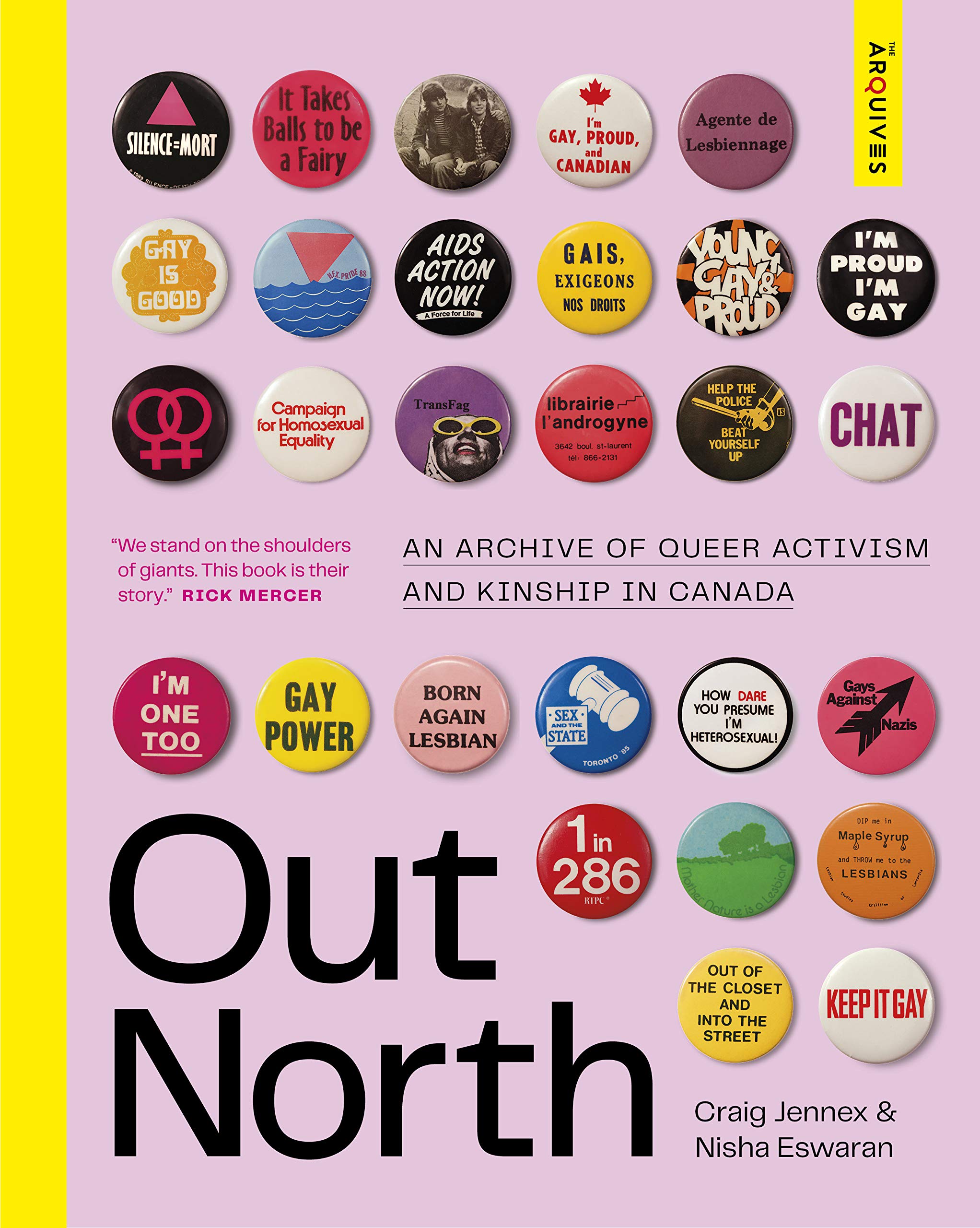
Out North: An Archive of Queer Activism and Kinship in Canada
Order your copy directly from the Arquives.ca, at your local queer bookstore like Glad Day Bookshop in Toronto, or on Amazon.
Guest Bios
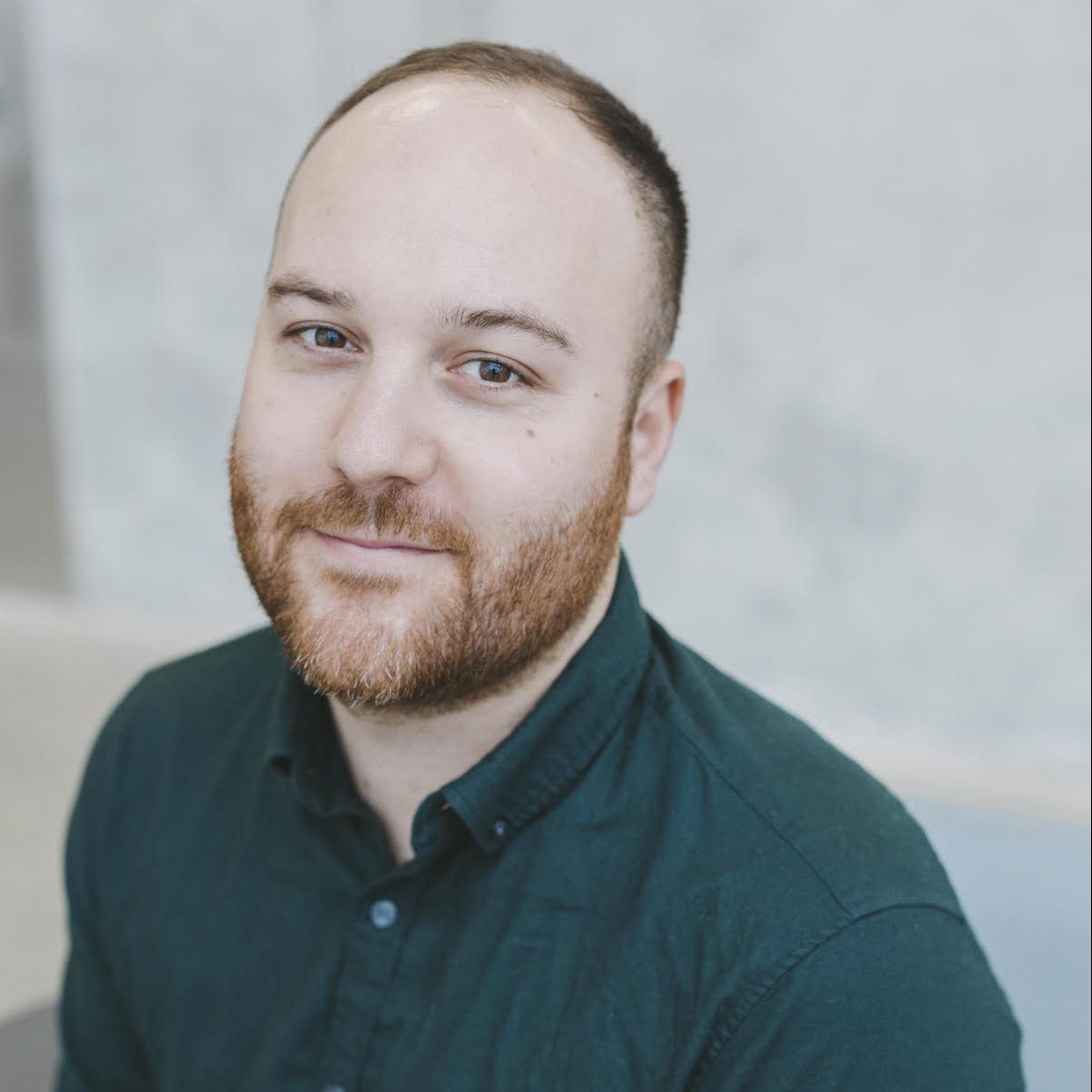
Craig Jennex is an Assistant Professor in the Department of English at Ryerson University. He is the co-author (with Nisha Eswaran) of Out North: An Archive of Queer Activism and Kinship in Canada and the co-editor (with Susan Fast) of Popular Music and the Politics of Hope: Queer and Feminist Interventions. Follow Craig on Twitter, @craigjennex.
Nisha Eswaran is a writer and academic. Her work has appeared in Postcolonial Text, South Asian Review, Kajal, and Jamhoor, and she is the co-author of Out North: An Archive of Queer Activism and Kinship in Canada with Craig Jennex. She is a Ph.D. candidate in the Department of English and Cultural Studies at McMaster University in Hamilton, Ontario, where she researches friendship and anti-colonial history in South Asian literature. Follow Nisha on Twitter, @EswaranNisha.
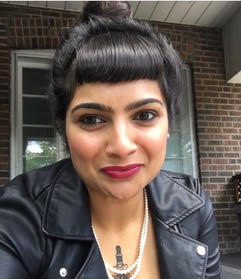
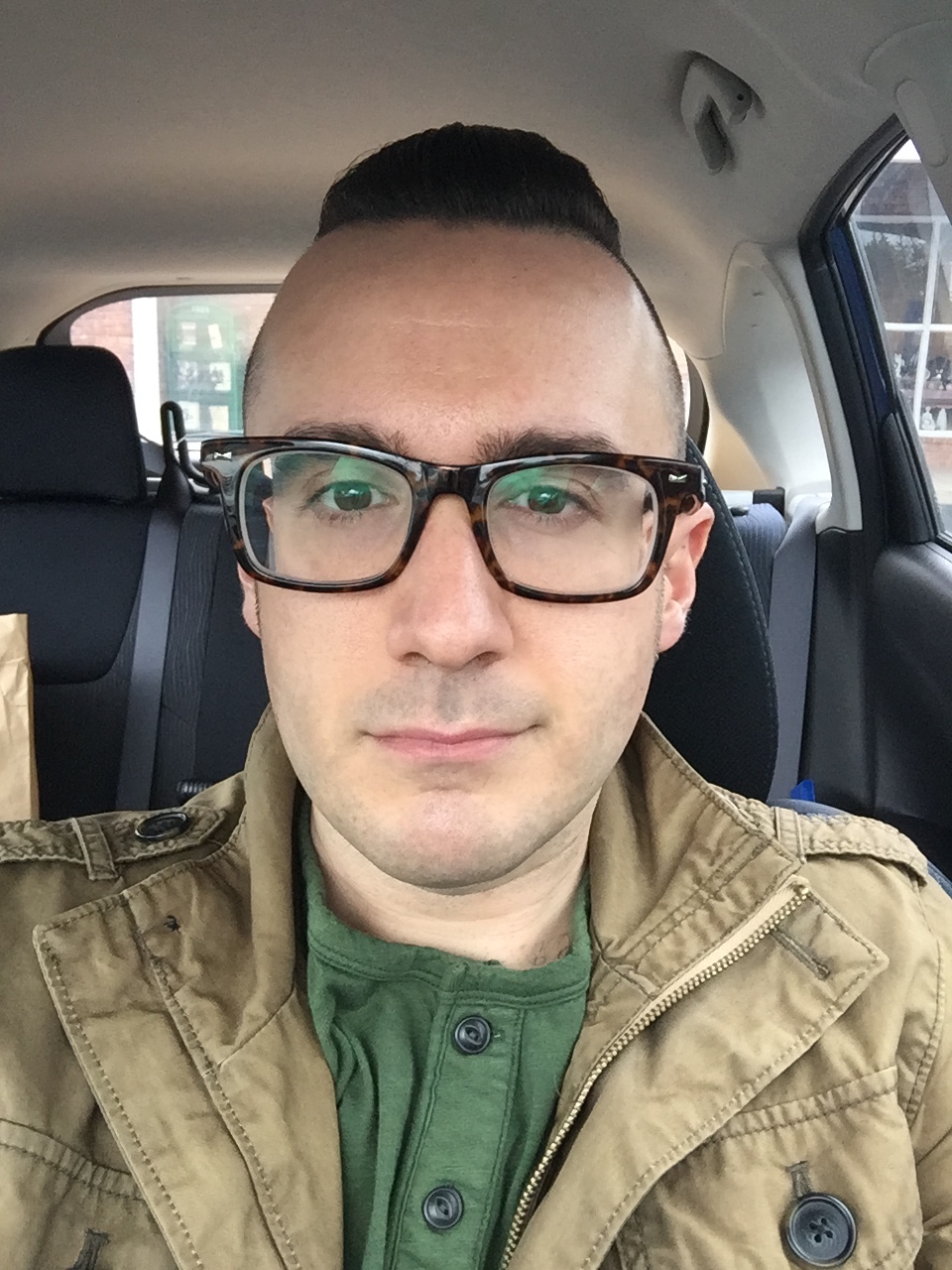
Dr. Jeff Iovannone has appeared on several episodes of the Think Queerly Podcast. He is a historian, writer, educator who holds a Ph.D. in American Studies from the University at Buffalo. He is a Lecturer in History and the Coordinator of the Women’s and Gender Studies Program at SUNY Fredonia. Broadly specializing in gender and LGBTQ studies, Iovannone’s specific areas of focus include multiethnic American history, LGBTQ history of the United States, LGBTQ community history, United States social movements, oral history, and public history. He is currently at work on a book about Buffalo’s gay liberation movement entitled Rust to Dreams: Gay Liberation in Buffalo, New York, 1969-1984. Follow Jeff on Instagram, @drjeffqueerhistorian.

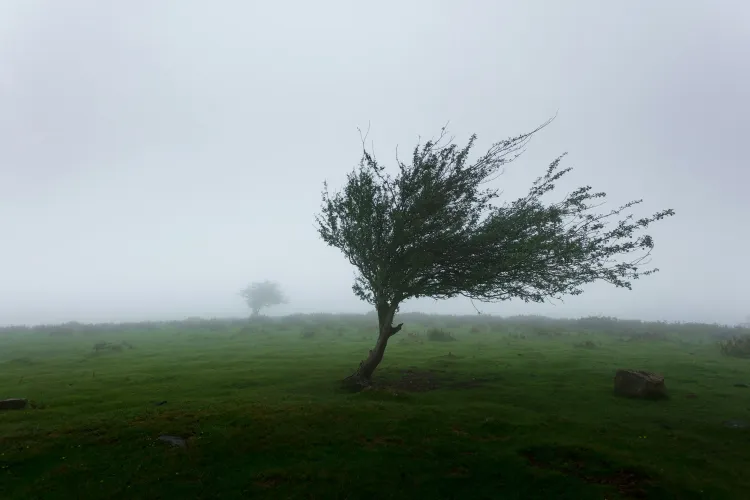



Member discussion